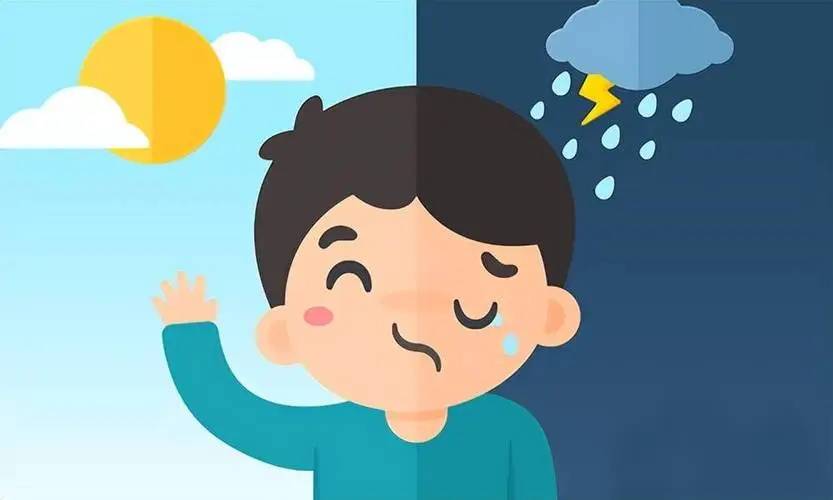In the vast field of mental health, bipolar disorder, also known as manic-depressive illness, is a complex and profound psychological disease. This condition is not just simple mood swings, but rather extreme emotional fluctuations, swinging between the extreme highs of mania to the profound lows of depression, leaving patients fluctuating between these two poles.
Definition and Core Features
Bipolar disorder is a chronic mental illness characterized by recurrent episodes of elevated and depressive moods. During manic episodes, patients exhibit symptoms such as excessive excitement, increased energy, racing thoughts, increased speech, impulsivity, feeling invincible, unrealistically optimistic about the future, and may make risky or impulsive decisions. In depressive episodes, patients experience deep feelings of sadness, hopelessness, and loss of interest in life, feeling that life is meaningless, losing hope for the future, and experiencing issues like sleep disturbances and difficulty concentrating.
Causes and Influencing Factors
The causes of bipolar disorder are complex and varied, with no definitive single cause identified so far. Genetic factors are considered an important element, with individuals having a family history of the disorder being at higher risk. Environmental factors such as life stressors, traumatic events, substance abuse, can trigger or exacerbate symptoms. Biological factors, such as imbalance in neurotransmitters, are also believed to be one of the causes of bipolar disorder.
Diagnosis and Treatment
Due to the variability of symptoms in bipolar disorder and possible overlap with other conditions, diagnosis often requires a comprehensive consideration of the patient’s symptoms, course of illness, family history, and potential triggers. Professional psychiatrists or psychologists will diagnose through detailed medical history assessments, psychological evaluations, and necessary laboratory tests.
In terms of treatment, bipolar disorder is typically managed through a comprehensive approach involving medication, psychotherapy, and social support. Medications aim to regulate neurotransmitter balance in the brain to alleviate symptoms; psychotherapies such as cognitive-behavioral therapy help patients identify and alter negative thinking and behavioral patterns; social support from family, friends, and community offers understanding, assistance, necessary emotional support, and practical help for patients’ daily lives.
As medical research progresses and treatment methods improve, more and more patients can receive effective treatment and management, enhancing their quality of life and reducing the risk of symptom recurrence.


